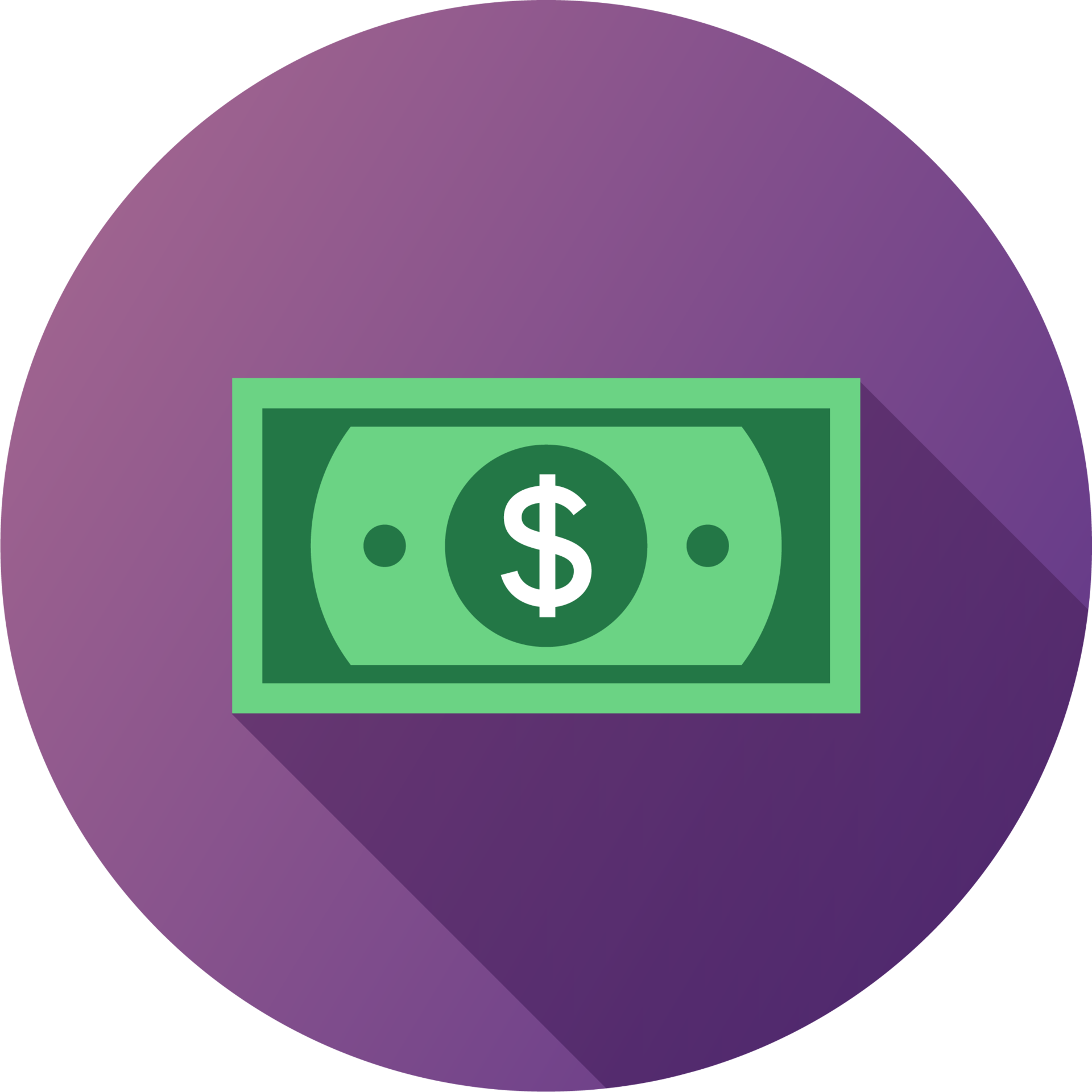
Introduction:
The value of the US dollar, an undisputed global reserve currency, has been a subject of intense debate in recent years. The currency's persistent overvaluation has far-reaching implications for the US economy, foreign exchange markets, and global trade. This article critically examines the complexities of dollar distortion, exploring different perspectives, data points, and real-life examples to unravel its impact.
1. US Economic Hegemony: The US remains the world's dominant economic power, accounting for over 20% of global GDP. This economic strength makes the US dollar highly sought after by foreign investors and central banks, resulting in sustained upward pressure on its value.
2. Dollar's Reserve Currency Status: The US dollar's dominance as the primary reserve currency globally gives foreign entities an incentive to hold large dollar reserves for international trade and financial stability. This increased demand further contributes to dollar overvaluation.
1. Reduced Export Competitiveness: An overvalued currency makes US exports more expensive in foreign markets, reducing the competitiveness of American goods and services and leading to a decline in exports.
2. Trade Imbalances: Overvaluation of the dollar exacerbates trade imbalances, as the US imports become cheaper relative to exports. This creates a chronic trade deficit, which can harm domestic industries and contribute to job losses.
3. Currency Manipulation: As the dollar becomes overvalued, some countries may engage in currency manipulation to counteract the adverse effects. This can trigger trade conflicts and destabilize global currency markets.
1. Economists' View: Many economists argue that dollar overvaluation is a significant threat to the US economy. They highlight the negative consequences for trade, jobs, and overall economic growth.
2. Policymakers' Approach: Policymakers have taken various measures to address overvaluation, including interest rate manipulations, currency interventions, and diplomatic efforts. However, the effectiveness of these measures has been limited.
3. Market Perspective: Market participants, such as traders and investors, view the overvalued dollar as an opportunity for profit through currency speculation. This can lead to market volatility and further exacerbate currency distortions.
Data supports the assertion that the dollar has been overvalued for an extended period. The International Monetary Fund (IMF) has consistently assessed the dollar as "moderately overvalued" or "overvalued" in its annual External Sector Reports. The US trade deficit has also persistently remained high, averaging over $500 billion in recent years.
The overvaluation of the dollar has tangible consequences for businesses and consumers. US companies face challenges in exporting their goods and services, and consumers pay higher prices for imported products. The trade deficit has also contributed to job losses in manufacturing and other export-oriented sectors.
The ongoing debate surrounding the overvaluation of the US dollar highlights its profound implications for the US economy and global markets. The persistent overvaluation, driven by economic hegemony and reserve currency status, has led to reduced export competitiveness, trade imbalances, and currency manipulation. While various perspectives exist on the issue, economists generally agree that overvaluation poses a significant threat to economic growth and stability. As the dollar's distortion continues, policymakers and market participants must continue to monitor its effects and explore effective measures to address this complex challenge.

0 Comments: